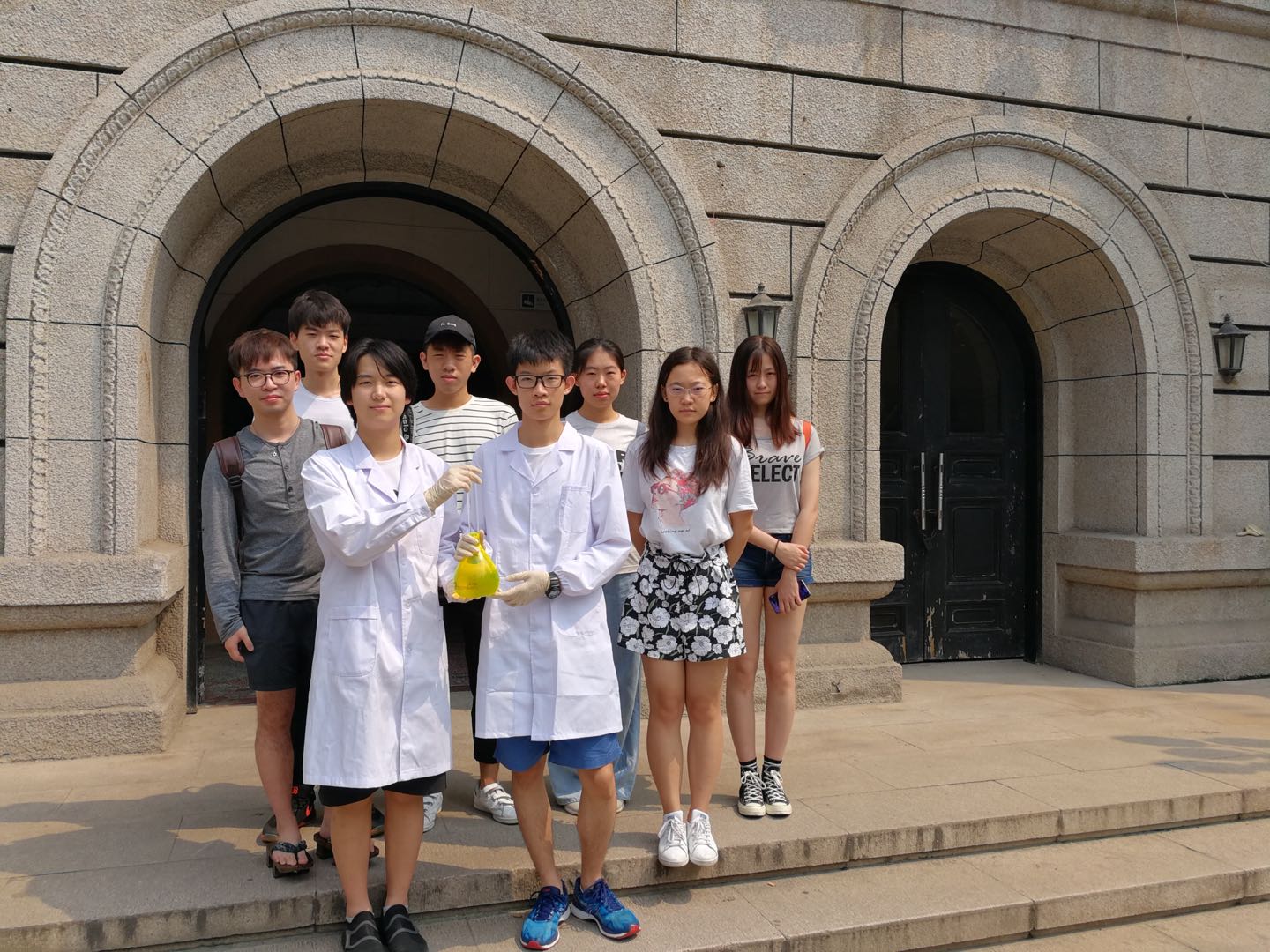| Line 44: | Line 44: | ||
<!--logo--> | <!--logo--> | ||
<button type="button" class="btn btn-navbar" data-toggle="collapse" data-target=".nav-collapse"> <i class="fa fa-bars"></i></button> | <button type="button" class="btn btn-navbar" data-toggle="collapse" data-target=".nav-collapse"> <i class="fa fa-bars"></i></button> | ||
| − | <div class="logo"> <a href=""><img src="https://static.igem.org/mediawiki/2018/9/93/T--UST_Beijing--USTBCUblack.png" width=" | + | <div class="logo"> <a href=""><img src="https://static.igem.org/mediawiki/2018/9/93/T--UST_Beijing--USTBCUblack.png" width="180" height="60" alt="" class="animated bounceInDown" /></a> </div> |
<!--menu--> | <!--menu--> | ||
<nav id="main_menu"> | <nav id="main_menu"> | ||
Revision as of 11:47, 16 October 2018
Materials
- Plate reader: PerkinElmer EnSpire - 96 well plates (transparent plates with clear flat bottom) - Devices: Positive control:BBa_I20270 Negative control: BBa_R0040 Device 1: BBa_J364000 Device 2: BBa_J364001. Device 3: BBa_J364002 Device 4: BBa_J364007 Device 5: BBa_J364008 Device 6: BBa_J364009 - Fluorescein (provided in kit) - 10ml 1xPBS pH 7.4-7.6 (phosphate buffered saline) - 300 μL Silica beads - Microsphere suspension (provided in kit, 4.7x10^8 microspheres) - 1ml LUDOX CL-X (provided in kit) - ddH2O
Conclusion
Both Device 2 and Device 4 showed higher fluorescence values than other Devices, and Device 2 is the best. The fluorescence result of Device 3 is the lowest, still higher than negative control though.



